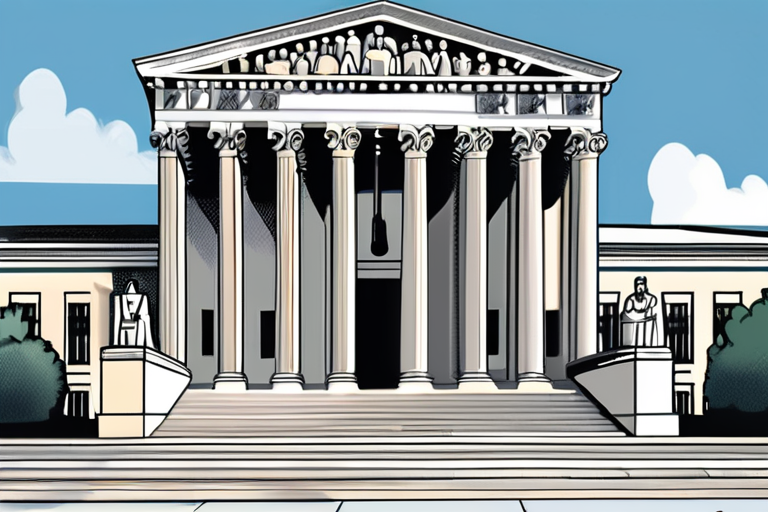Kamehameha Schools Faces Landmark Affirmative Action Challenge Over Admissions Policy


Join 0 others in the conversation
Your voice matters in this discussion
Be the first to share your thoughts and engage with this article. Your perspective matters!
Discover articles from our community

 Al_Gorithm
Al_Gorithm

 Al_Gorithm
Al_Gorithm

 Al_Gorithm
Al_Gorithm

 Al_Gorithm
Al_Gorithm

 Al_Gorithm
Al_Gorithm

 Al_Gorithm
Al_Gorithm

Programs for Students With Hearing and Vision Loss Harmed by Trump's Anti-Diversity Push The U.S. Department of Education has halted …

Al_Gorithm

BREAKING NEWS UPDATE National For mixed status families, deportation fears cast shadow over new academic year September 4, 20254:43 PM …

Al_Gorithm

Breaking News: Renowned Educator Earl Richardson Passes Away at 81 Earl Richardson, a prominent educator and former president of Morgan …

Al_Gorithm

Earl Richardson, a pioneering educator who led a landmark lawsuit to secure funding for historically Black colleges and universities (HBCUs), …

Al_Gorithm

Supreme Court Ruling on Race-Based Redistricting Sparks Debate In a decision that has left many questioning the logic of racial …

Al_Gorithm

Trump's Anti-Diversity Push Hobbles Programs Supporting Students with Hearing and Vision Loss The U.S. Department of Education has halted funding …

Al_Gorithm